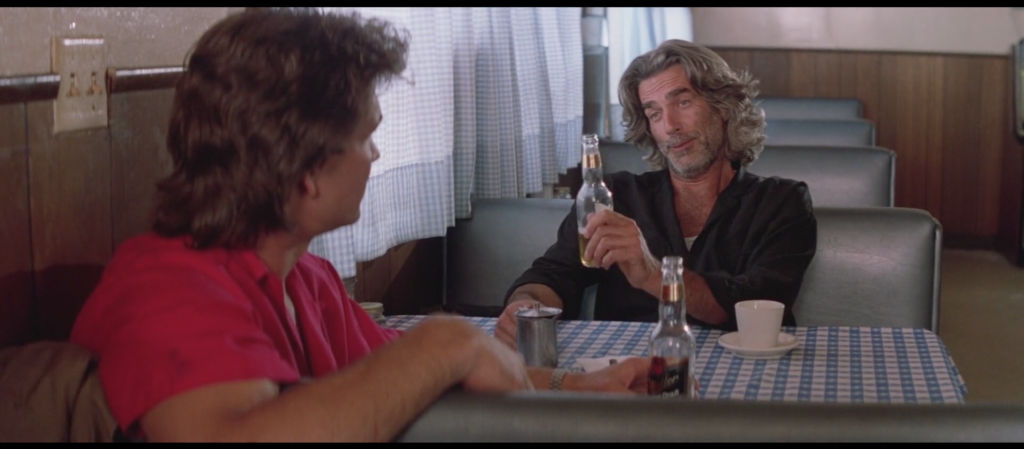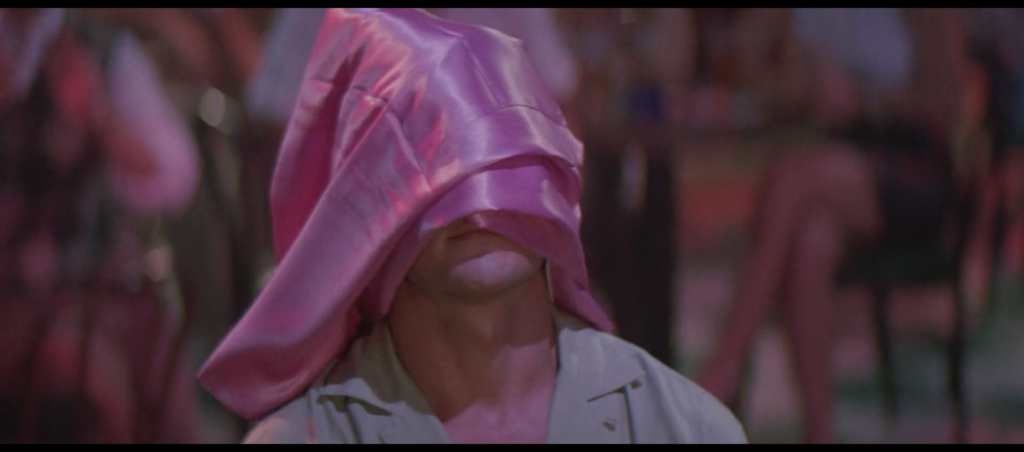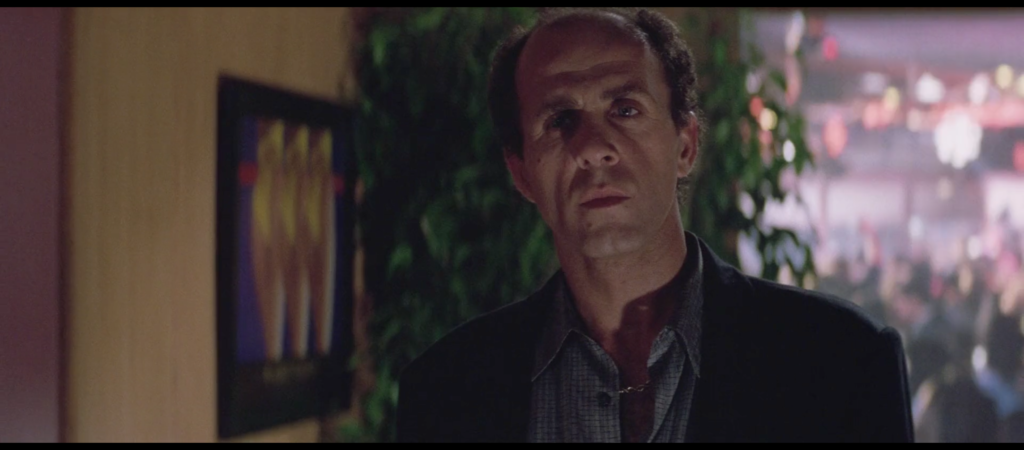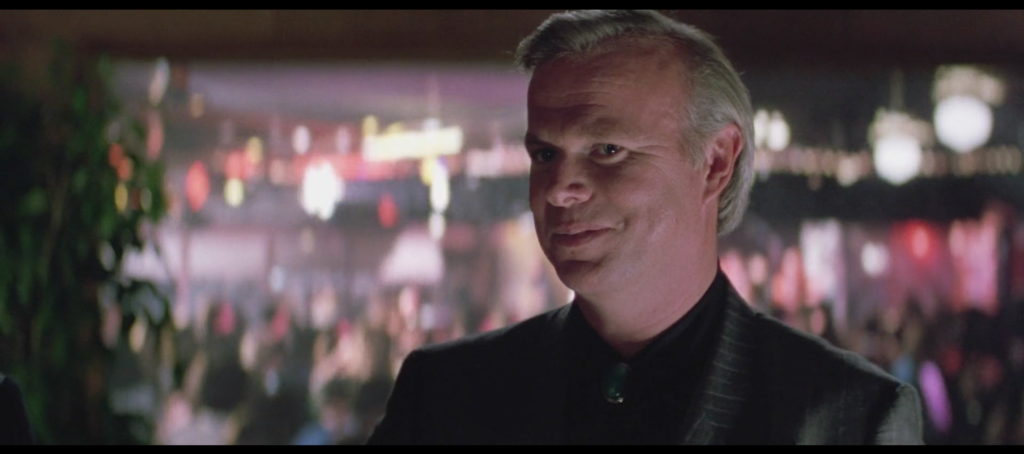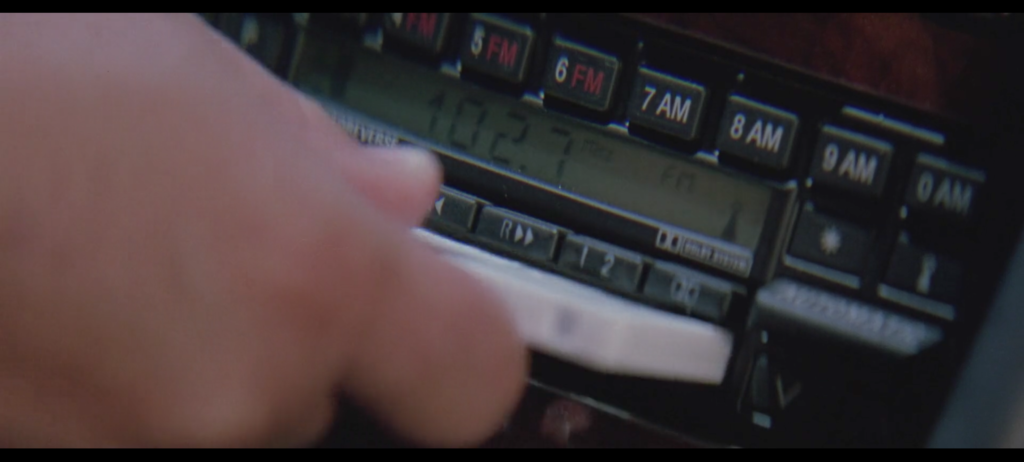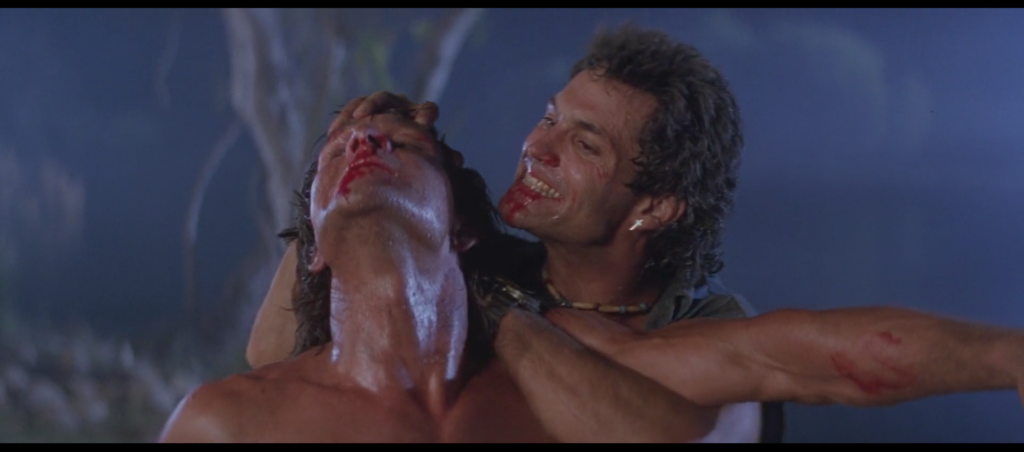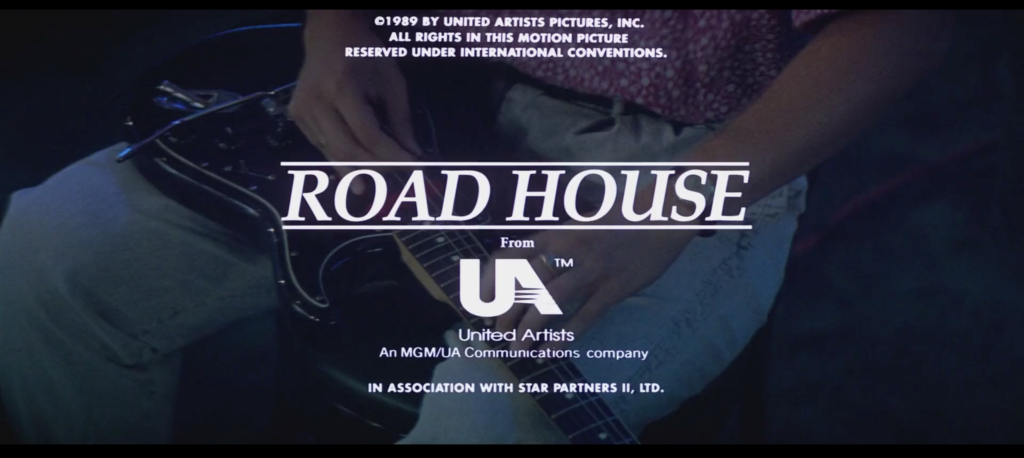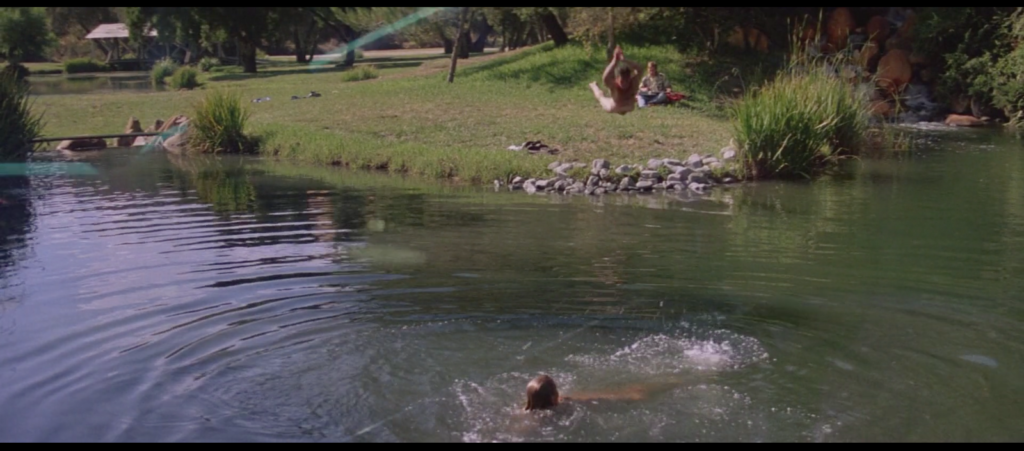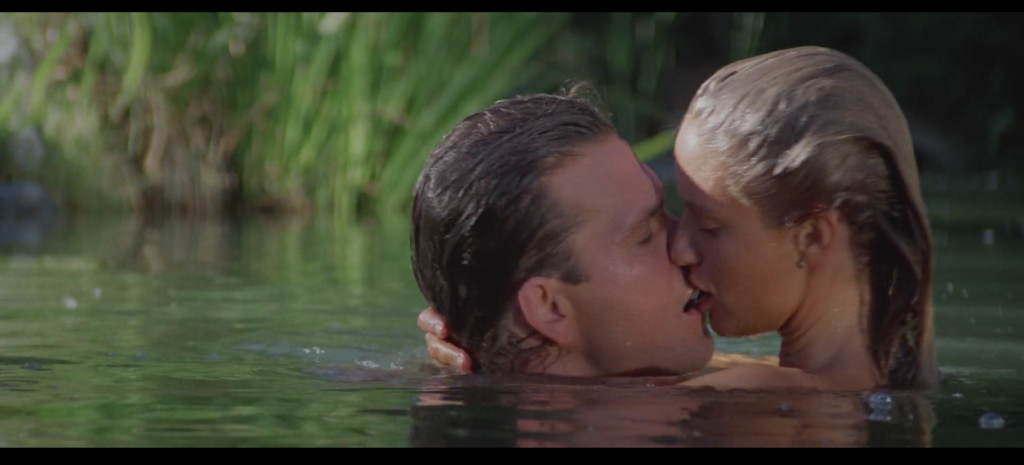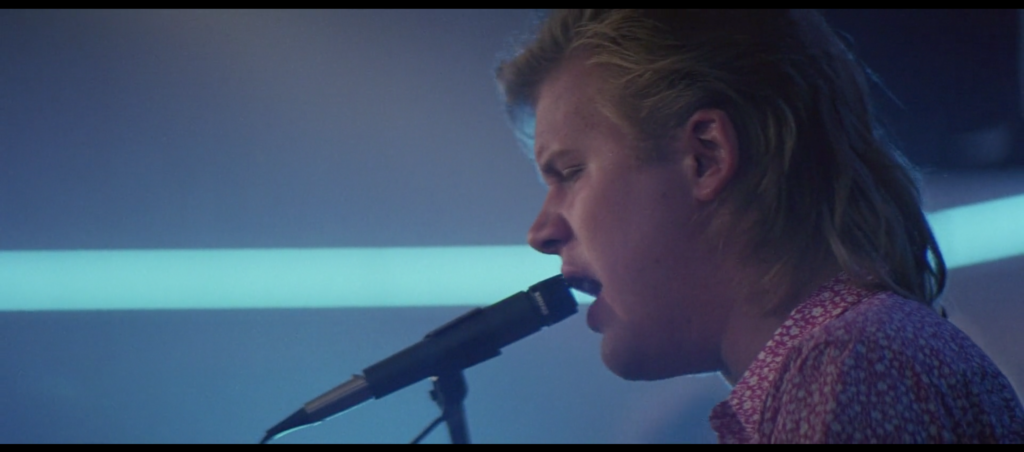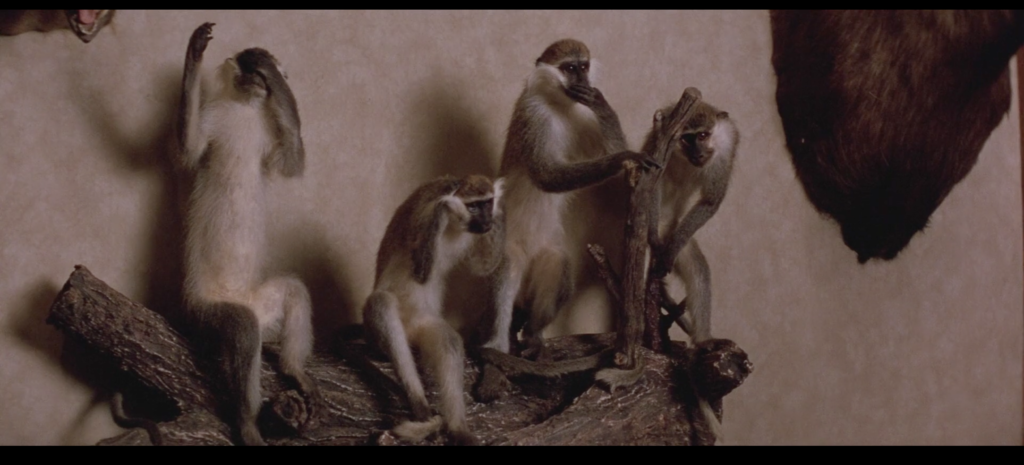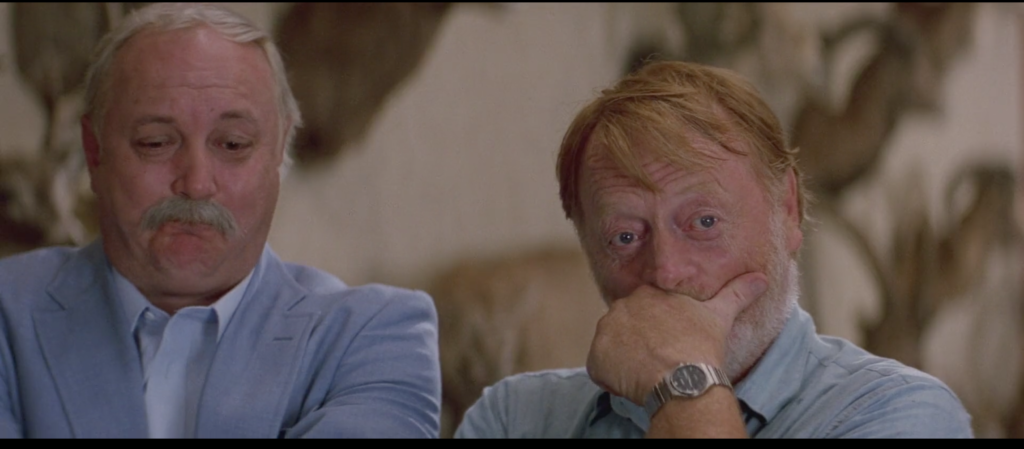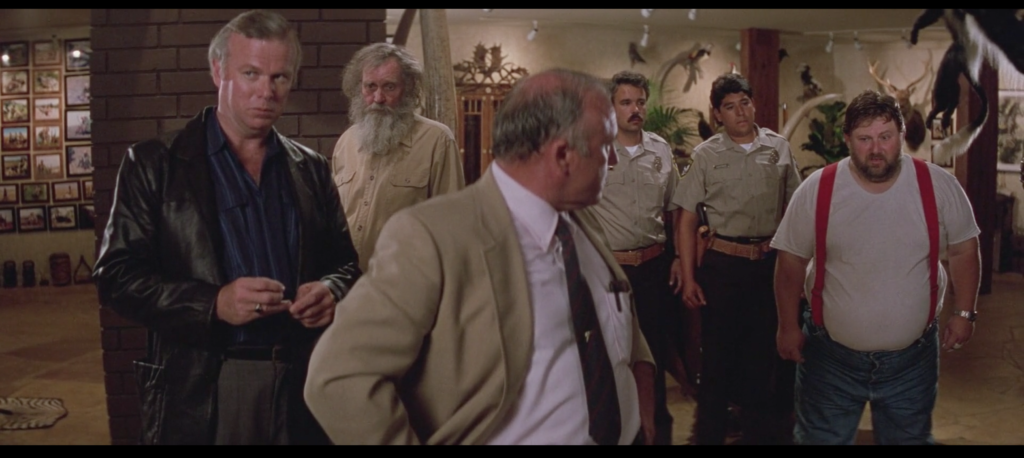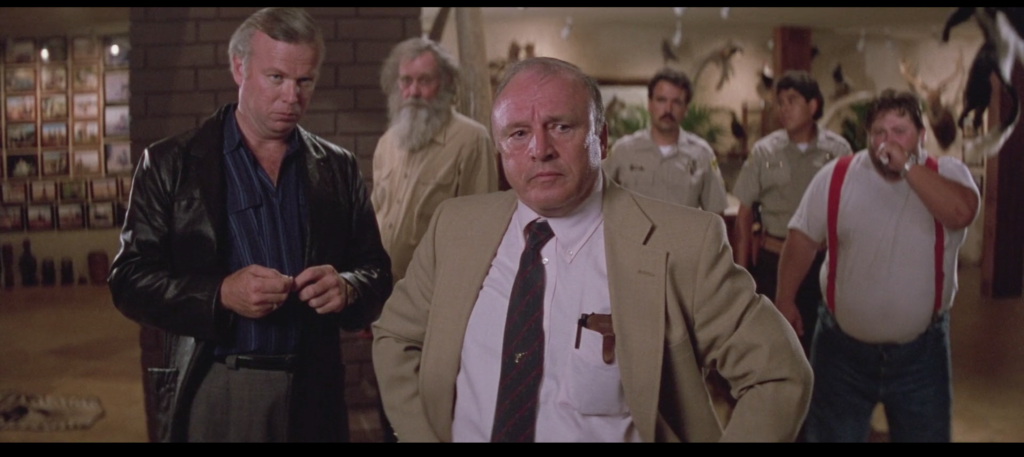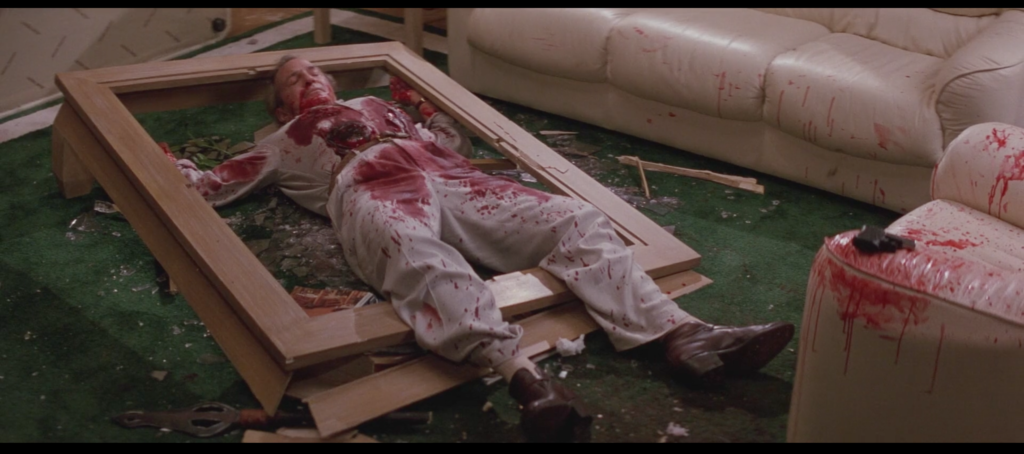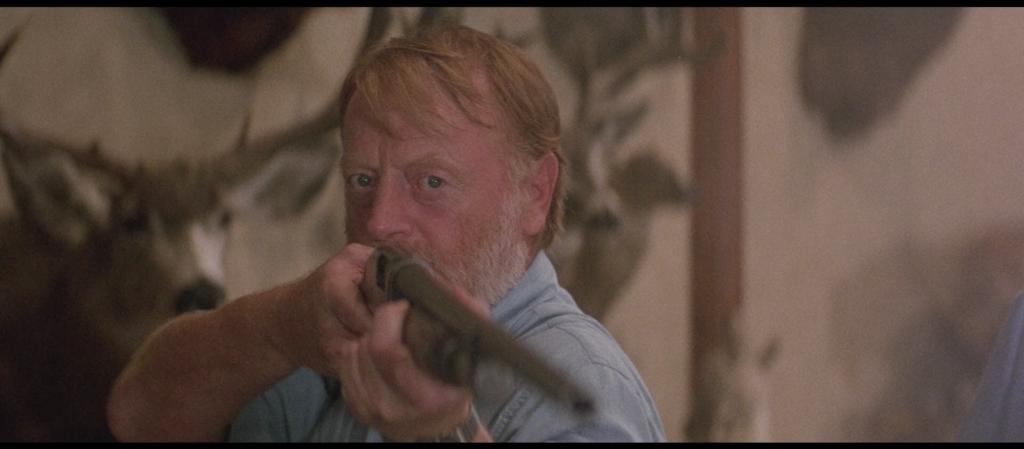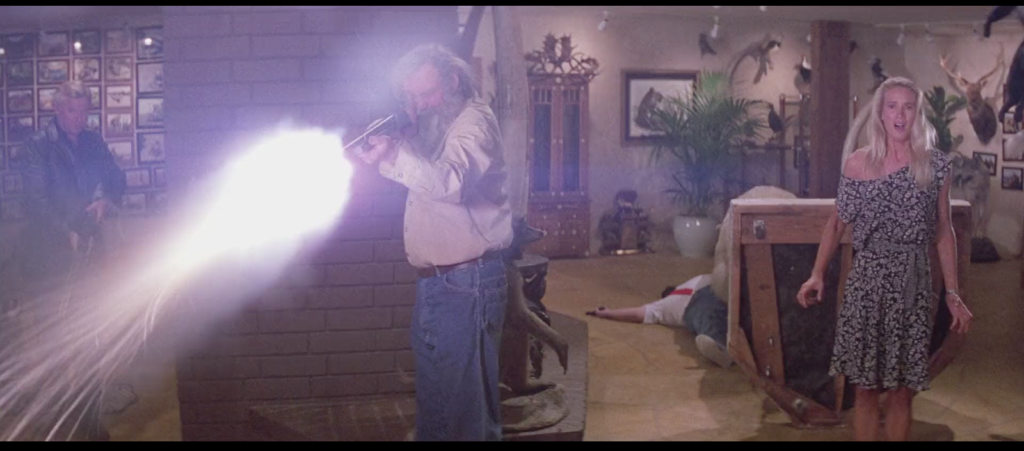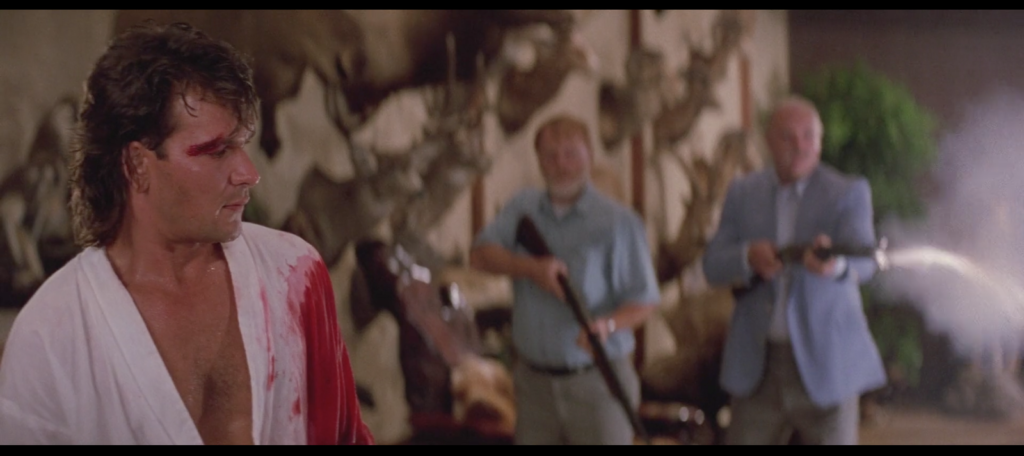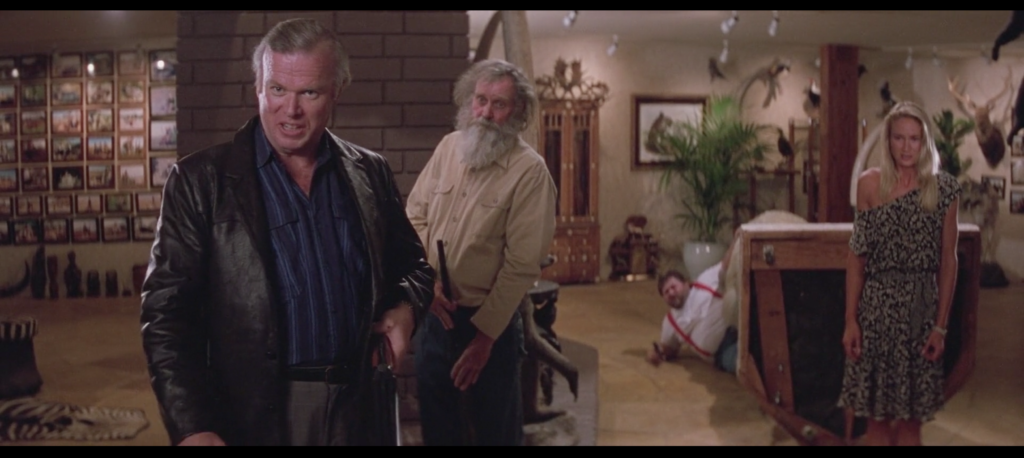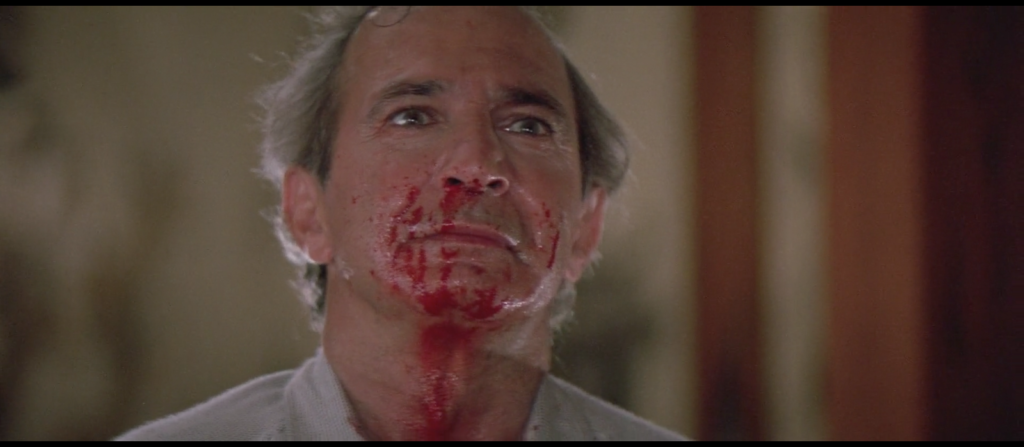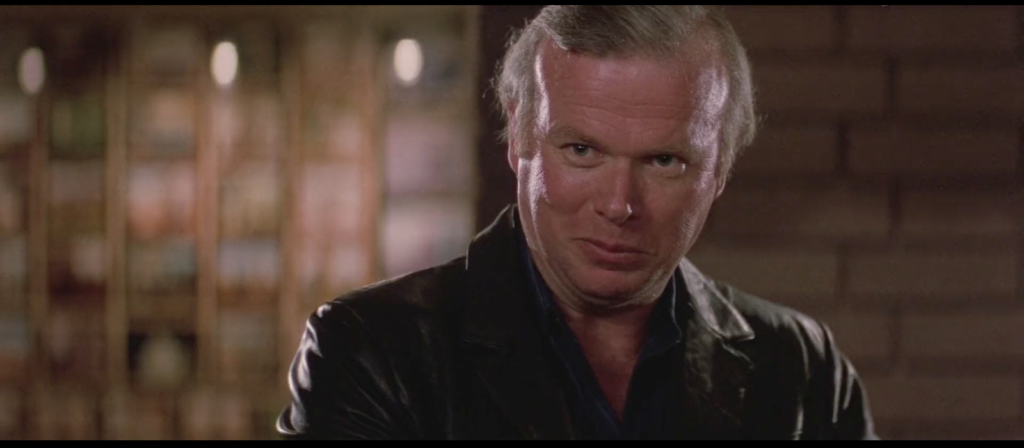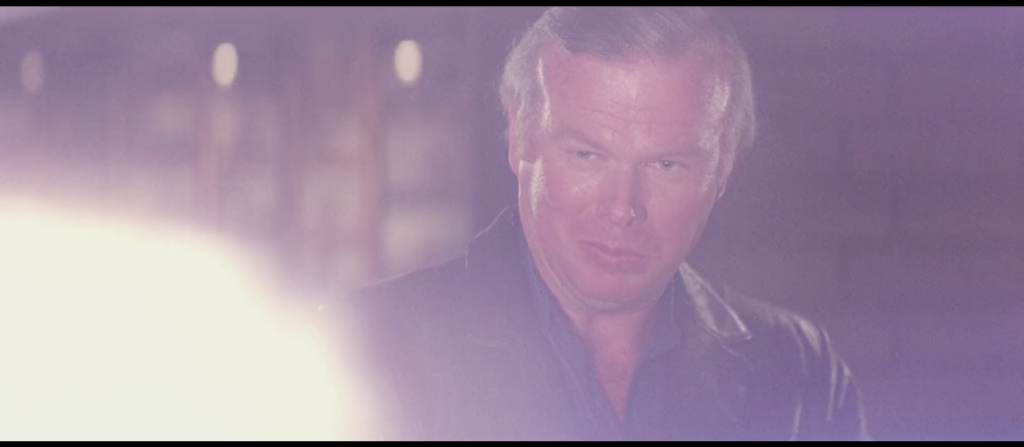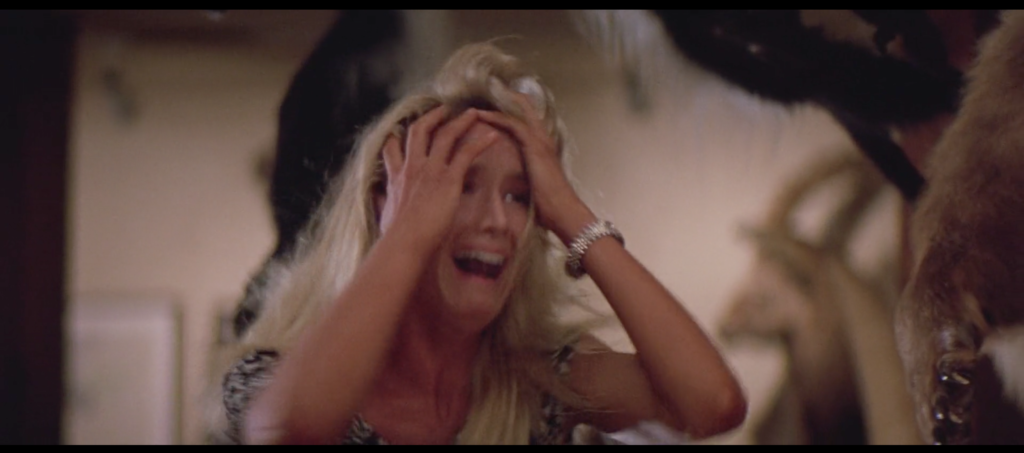You don’t become the best damn cooler in the business without making a few enemies. For Dalton, this is literally true: If he hadn’t made a few enemies, he’d still be the second-best damn cooler in the business, no matter what Frank Tilghman might call him. It took a gaggle of goons to take his mentor Wade Garrett out of the running and leave Dalton with the top spot.
Could it have gone down any differently? Let’s say Frank Tilghman got over his ageism and hired Wade rather than Dalton, even though he was getting old. Would Wade have wound up in a war with Brad Wesley, one that required bringing in his old pal Dalton to win?
It’s easy to see Wade taking control of the Double Deuce, winning over the staff and clientele alike with his grizzled charm. It’s easy to see him coming out on top in a few fights, against goons who’d underestimate him until he taught them who he was the hard way.
But it’s more difficult to imagine him getting attached to Jasper, or tied down by its chief resident, Dr. Elizabeth Clay, enough to go to the mattresses over it all. Sure, he’s fond of the Doc’s “attitudes,” so to speak, but…well, the Doc would be okay if Wade Garrett took a powder. At least that’s what he’d tell himself. And certainly the likes of Red Webster and Pete Strodenmire are big boys who can take care of themselves.
But I like to think that if the situation were reversed, and Wade Garrett were forced to call in his friend Dalton to help him clean up the Double Deuce with the same unfortunate results, Wade would understand his protégé’s convictions. Would he stand by and let Brad Wesley’s murder of his mijo go unavenged? I think we can glean the answer from the fact that he showed up and stuck around in the first place.
Wade Garrett may not have meant to teach love to Dalton, but Dalton learned it from the old man nonetheless. He learned it from his love for Wade Garrett—and as Wade says, Dalton taught him as much as he taught Dalton. May we all learn their lessons. For all that cooling is a cold business, it does not go untouched by the heat of anger, or the warmth of love.

